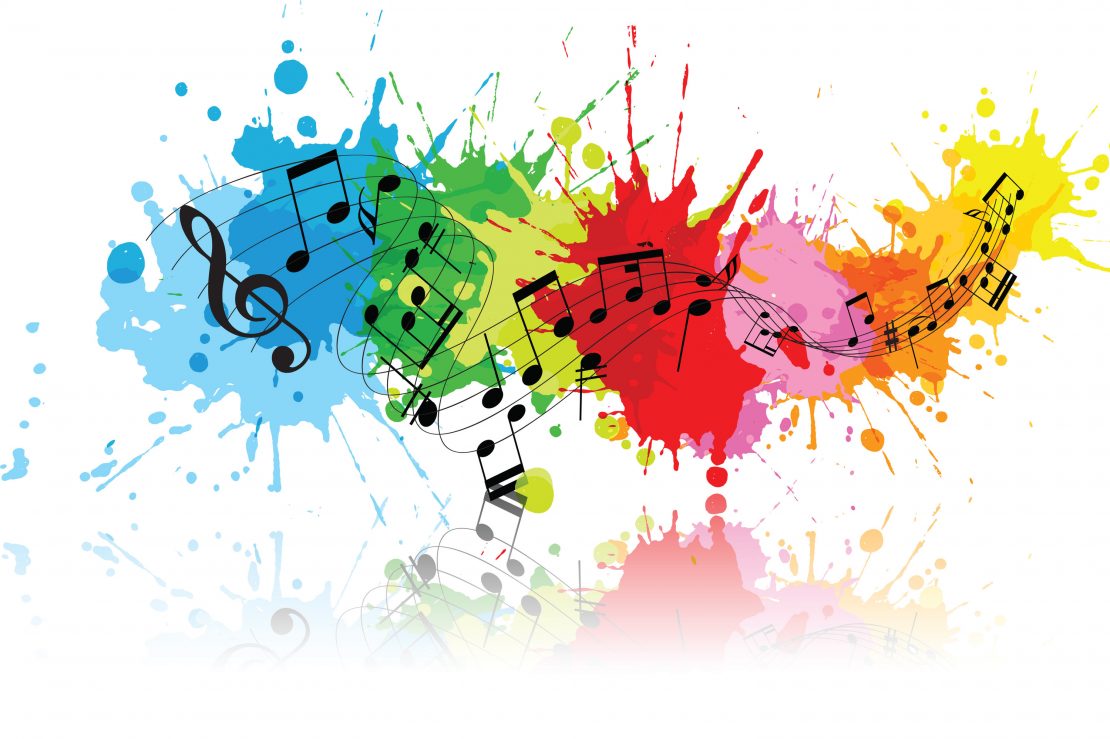
Picture this. As the evening sun begins to set, casting a warm golden glow, and the aroma of delectable cuisine fills the air, there is one element that has the power to elevate a nice dinner from ordinary to extraordinary: music. The gentle melodies and harmonies floating through the ambiance can create an enchanting atmosphere, setting the perfect tone for a delightful culinary experience with just the right passion fruit wine. Just as a conductor guides an orchestra, music orchestrates the mood, stirring emotions, and weaving a tapestry of sensory pleasure that enhances the flavors and conversations shared around the table.
Music plays a significant role in our lives in various ways. Here are some ways in which music is important to us:
- Emotional Expression: Music has the power to evoke a wide range of emotions. It can uplift our spirits, bring joy and happiness, or help us process and express sadness, grief, or anger. Music provides an outlet for emotional expression and can be a source of comfort and solace during challenging times.
- Communication and Connection: Music transcends language barriers and has the ability to connect people from different cultures and backgrounds. It serves as a universal language that can convey emotions, ideas, and stories. Music brings people together, whether through shared experiences at concerts and festivals or by creating a sense of community among fans of a particular artist or genre.
- Inspiration and Motivation: Music has the power to inspire and motivate us. It can fuel creativity, spark imagination, and provide the soundtrack to our lives. Many people find that listening to music enhances their productivity, concentration, and overall mood. Music can also serve as a source of motivation during workouts or challenging tasks.
- Memory and Nostalgia: Certain songs or pieces of music have the ability to trigger vivid memories and transport us back to specific moments in our lives. Whether it’s a song from our childhood or a track associated with a special event or relationship, music has a unique way of preserving memories and evoking a sense of nostalgia.
- Therapeutic Effects: Music therapy is an established field that utilizes the therapeutic qualities of music to improve mental, emotional, and physical well-being. Music can reduce stress, alleviate anxiety and depression, and promote relaxation. It has been shown to have positive effects on cognitive function, memory, and motor skills.
- Cultural and Personal Identity: Music is deeply intertwined with culture and personal identity. Different genres and styles of music are associated with specific cultural and subcultural groups, reflecting their values, traditions, and beliefs. Individuals often connect with music that aligns with their personal tastes and preferences, using it as a form of self-expression and to shape their identity.
- Entertainment and Enjoyment: Music is a form of entertainment that brings pleasure and enjoyment to our lives. Whether attending live concerts, dancing to our favorite tunes, or simply listening to music while relaxing, it can provide a sense of escapism and pure enjoyment.
Music has an uncanny ability to influence and shape our moods, acting as a powerful emotional catalyst in our lives. Like a skilled painter, music has the capacity to evoke a vivid palette of emotions within us. When we feel joyous, it can amplify our happiness, causing us to dance and sing along with unbridled delight. In times of sadness, music becomes a comforting companion, offering solace and understanding through its empathetic melodies.
Whether we seek energy and motivation, tranquility and relaxation, or a cathartic release, music becomes the key to unlocking the emotional chambers of our souls, resonating with us on a profoundly personal level. The power of music possesses the remarkable ability to color our moods, transcend language barriers, and bring us solace or elation when we need it most.
Overall, music enriches our lives by providing a means of emotional expression, fostering connection and communication, inspiring and motivating us, preserving memories, promoting well-being, shaping cultural and personal identity, and offering entertainment and enjoyment. Its influence extends into various aspects of our lives, making it an essential part of the human experience.
Leave a Reply